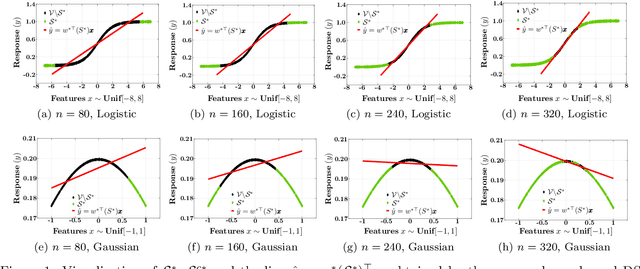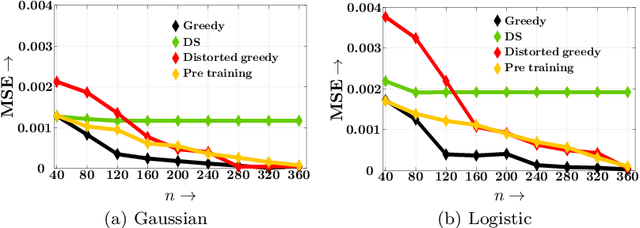Regression Under Human Assistance
Paper and Code
Sep 18, 2019



Decisions are increasingly taken by both humans and machine learning models. However, machine learning models are currently trained for full automation-they are not aware that some of the decisions may still be taken by humans. In this paper, we take a first step towards making machine learning models aware of the presence of human decision-makers. More specifically, we first introduce the problem of ridge regression under human assistance and show that it is NP-hard. Then, we derive an alternative representation of the corresponding objective function as a difference of nondecreasing submodular functions. Building on this representation, we further show that the objective is nondecreasing and satisfies \xi-submodularity, a recently introduced notion of approximate submodularity. These properties allow simple and efficient greedy algorithm to enjoy approximation guarantees at solving the problem. Experiments on synthetic and real-world data from two important applications-medical diagnoses and content moderation-demonstrate that the greedy algorithm beats several competitive baselines.
 Add to Chrome
Add to Chrome Add to Firefox
Add to Firefox Add to Edge
Add to Edge